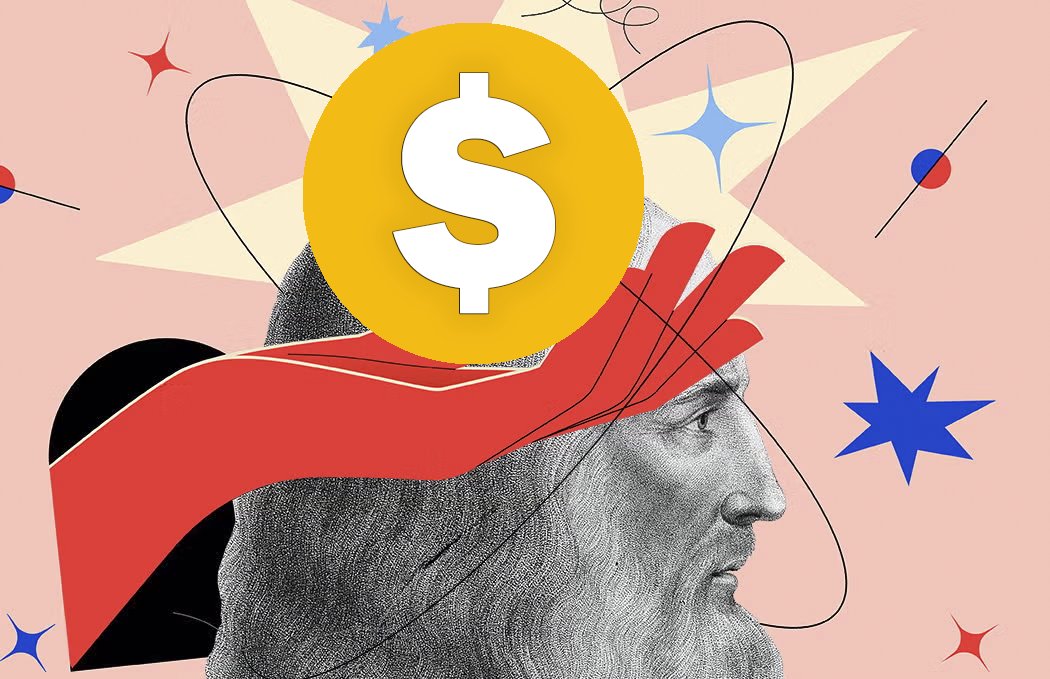Senate Advances GENIUS Act to Bolster Stablecoin Regulation and U.S. Dollar Dominance

The U.S. Senate took a significant step toward regulating stablecoins on Monday, voting 66-32 to advance the Guiding and Establishing National Innovation for U.S. Stablecoins Act, known as the GENIUS Act. This bipartisan legislation, led by Republican Sen. Bill Hagerty, aims to modernize America’s payment system by establishing a robust framework for stablecoins, digital currencies pegged to assets like the U.S. dollar. The cloture vote, which required 60 votes to proceed, paves the way for further debate and potential amendments before a final Senate vote, marking a pivotal moment for the crypto industry and U.S. financial leadership.
The GENIUS Act mandates that stablecoins be fully backed by U.S. dollars or highly liquid assets, ensuring stability and consumer protection. It also requires annual audits for issuers with a market value exceeding $50 billion and includes provisions to regulate foreign issuers. Sen. Hagerty emphasized that the bill would strengthen U.S. dollar dominance while fostering innovation in the digital asset space. He predicted that the framework could drive demand for U.S. treasuries by over $1 trillion, positioning the U.S. as a leader in digital payments.
Stay In The Loop and Never Miss Important Crypto News
Sign up and be the first to know when we publishBipartisan Support and Industry Backing
The vote reflected months of negotiations, with sixteen Democratic senators joining Republicans to secure the necessary support, a shift from last week when the bill lacked Democratic backing. Sen. Cynthia Lummis, a co-sponsor, hailed the progress, stating that digital assets represent the future and that the U.S. is now closer to leading the global financial landscape. The Crypto Council for Innovation’s acting CEO, Ji Kim, called the vote historic, praising the collaborative efforts of congressional staff from both parties. The bill’s advancement highlights crypto’s growing bipartisan appeal, with industry leaders like Coinbase’s Faryar Shirzad noting its significance as a step toward comprehensive stablecoin legislation.
Crypto advocacy played a key role, with groups like Stand With Crypto mobilizing supporters to send over 60,000 emails to senators before the vote. Industry voices, including Variant Fund’s Jake Chervinsky, expressed optimism but cautioned that challenges remain, including a final Senate vote and parallel legislation in the House. Despite the progress, Democratic Sen. Elizabeth Warren voiced concerns, arguing that the bill fails to address potential conflicts of interest tied to President Donald Trump’s involvement in the crypto sector, specifically citing the newly launched USD1 stablecoin by World Liberty Financial. Warren’s critique highlights ongoing debates about the intersection of politics and digital finance.

